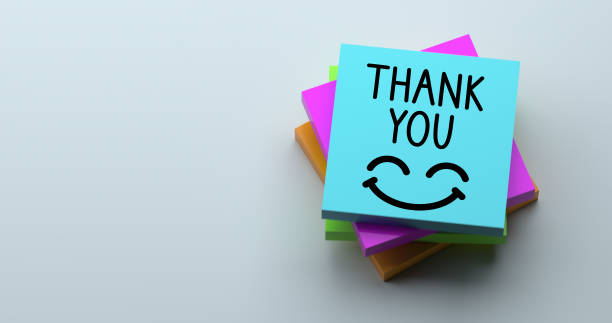Dress for the Power You Want: The Psychology of Power Dressing

We’ve all heard the saying “Dress for the job you want, not the job you have.” But there’s more to this advice than just aiming for a promotion. The clothes you wear have a surprising impact on how we see ourselves and how others perceive us. This is the effect of power dressing.
How it started

Though the origins of power dressing can be found in the Chanel suit of the 1920s which was the very first professional suit specifically thought for women, power dressing emerged prominently in the second half of the 1970s and developed in the 1980s with the rise of women in corporate America. It symbolized a blend of femininity and authority and was characterized by tailored suits, structured shoulders, and a palette dominated by neutral and dark colors.
However, the essence of power dressing has evolved and is therefore not confined to any specific era or gender. At its core, it is simply about conveying competence, confidence, and control to the onlookers. So what impact does this have?
The Psychological impact

There are two kinds of people who become directly and indirectly affected by our power dressing — the wearer and the observer.
For the wearer:
- Confidence booster
Power dressing is more than looking sharp; it is about feeling sharp like you are unstoppable. When you wear clothes that evoke such feelings, it triggers a concept known as “enclothed cognition.” This concept speaks to the influence these clothes have on our psychological processes including how they affect our mood, self-esteem, and even our thinking. A well-fitting outfit that reflects your style will always help you project confidence and enhance your body language.
- Self-perception and improved performance
You are more likely to perform tasks with heightened efficiency and competence when your dressing aligns with your ideal self-image or perception. This influences in large part, how you carry yourself and interact with others at work, an event, or even a hangout.
The observer:
- Perception of authority
The observer’s perception is crucial in power settings. When someone, for example, your boss or colleague, dresses in a manner that exudes power, it commands respect and attention from everyone around them. Tailored suits, crisp shirts, and polished shoes signal to the others that the wearer is in control, capable, trustworthy, and deserves to be taken seriously. What kind of signals are you sending out?
- Influence and persuasion
A well-dressed individual is often more persuasive. The authority and confidence exuded through their power dressing can make others more receptive to their ideas and suggestions. In negotiations and presentations, this can be a subtle decisive factor in achieving favorable outcomes.
But is power dressing all about suits?
The traditional power suit look is not for everyone; besides, workplaces are becoming more casual. Power dressing varies across cultures and contexts. So, while a tailored suit might be the epitome of power dressing in Western corporate environments, traditional attire like a well-crafted sari or bold blouse paired with jeans can serve the same purpose in other cultures. Power dressing in these present times is about finding clothes that make you feel confident and fit the specific situation.
Practical tips for power dressing
i. Fit is non-negotiable
The most important aspect of your power dressing is fit. Ill-fitting clothes will undermine your confidence, credibility, and overall outlook. It is always best if you shop for and invest in tailored pieces that complement your body shape.
ii. Quality over quantity
Go for high-quality fabrics and craftsmanship. A few well-made SIGNATURE pieces have a far greater impact than a wardrobe full of shabby and mediocre items.
iii. Attention to detail
There is no power dressing without intentionality. This intentionality is seen by paying attention to your grooming and accessories. Polished shoes, a neat hairstyle, and carefully picked-out accessories can elevate your overall look and leave a lasting impression.
iv. Authenticity
While it is important to dress powerfully, ensure that you choose clothes that reflect your personality and make you feel comfortable. This will help amplify the psychological benefits of power dressing.
Power dressing is far more than a superficial activity; it is a strategic tool deeply rooted in psychology that affects you as a person and the rooms you walk into. You can only become better at power dressing by understanding and applying its principles. So, the next time you pick an outfit for an important day, remember to pick our SIGNATURE pieces to give you that extra confidence boost and help you manage how people perceive you. Dress like you own the world! Until the next one, you should understand how to dress for your body shape if you are a male or female. Adios✌.
